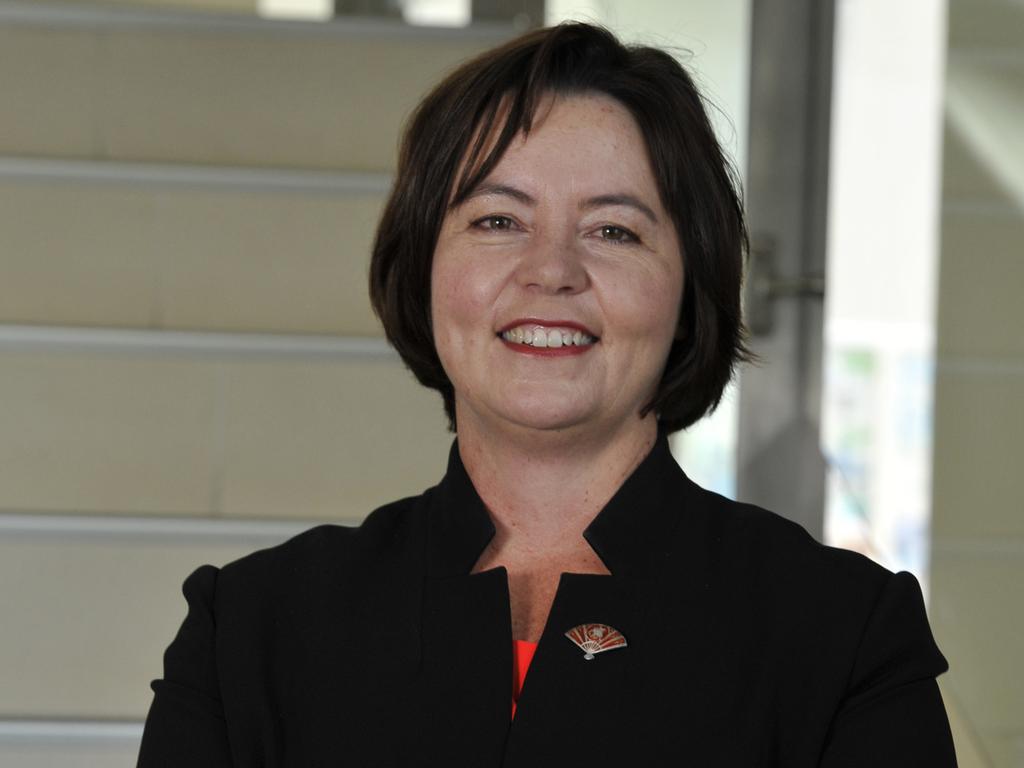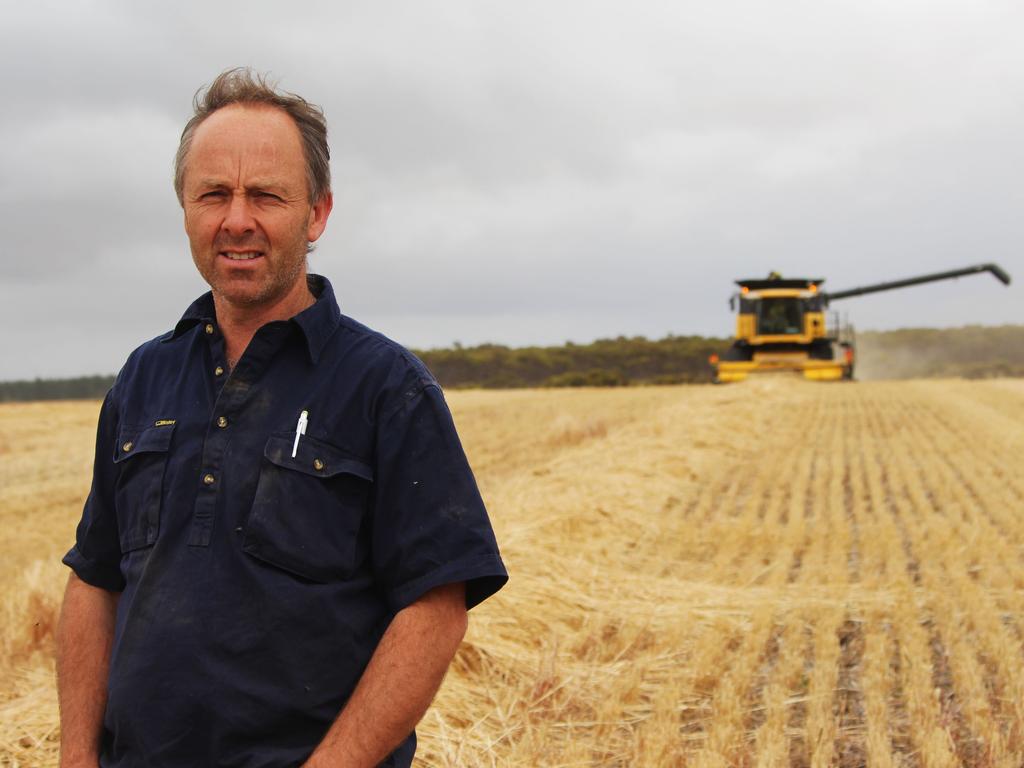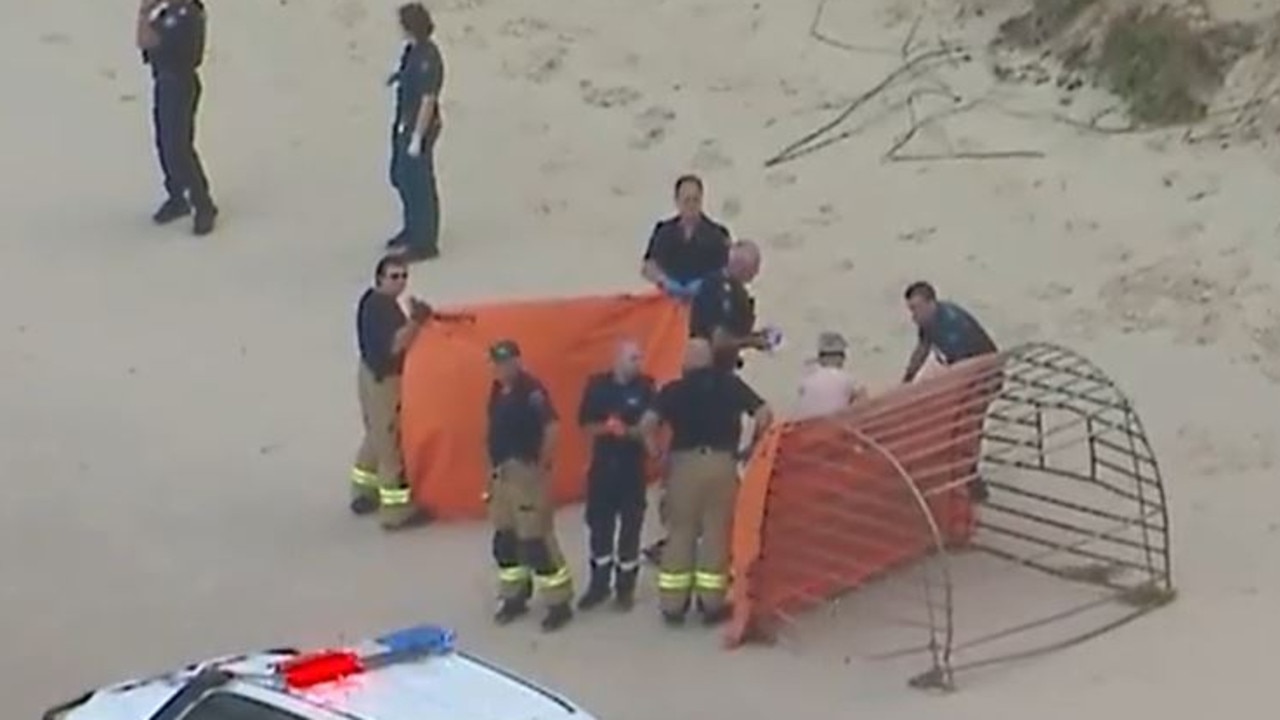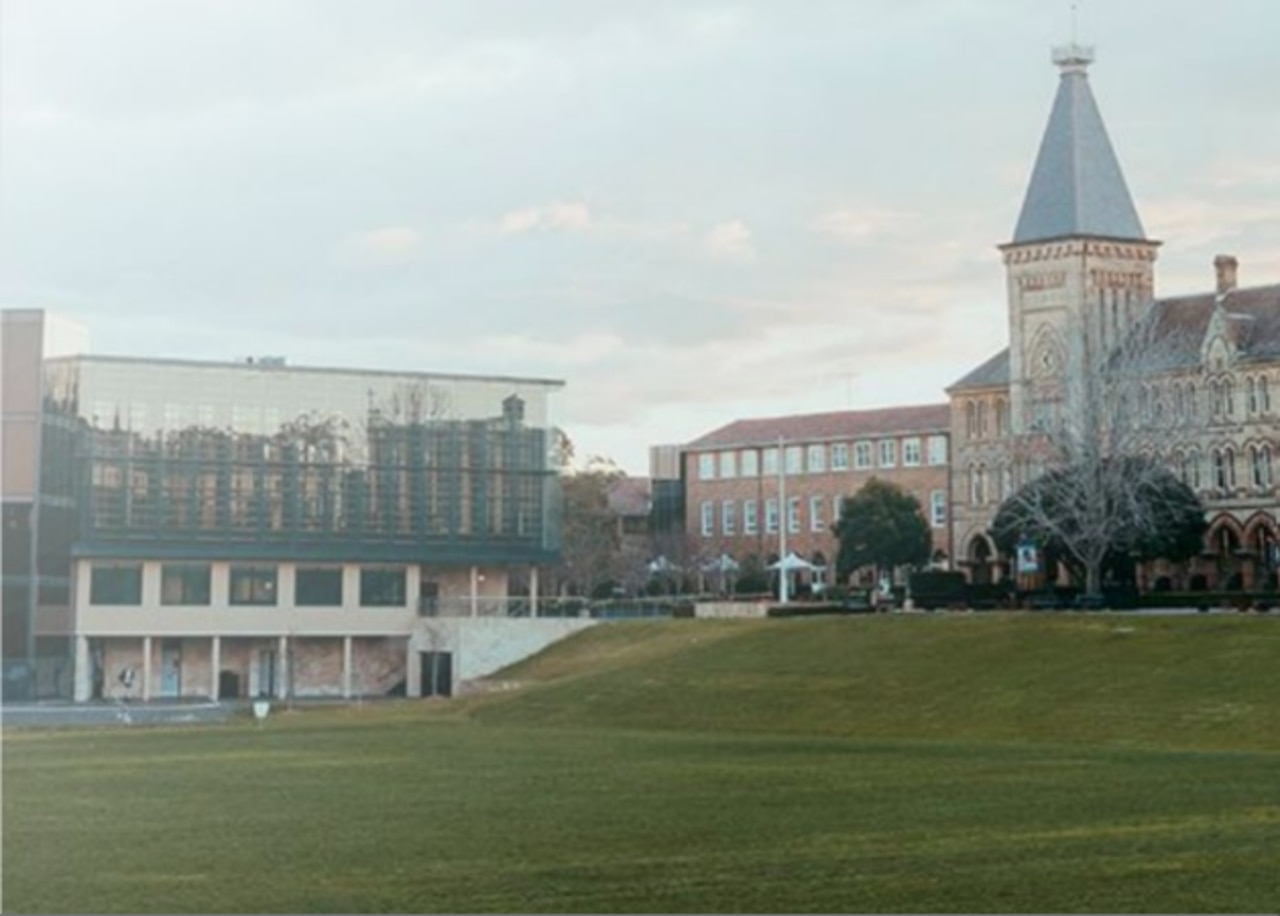Unions in bid for aviation overhaul
New commission with powers to regulate aviation industry proposed by unions, sparking opposition from Qantas.
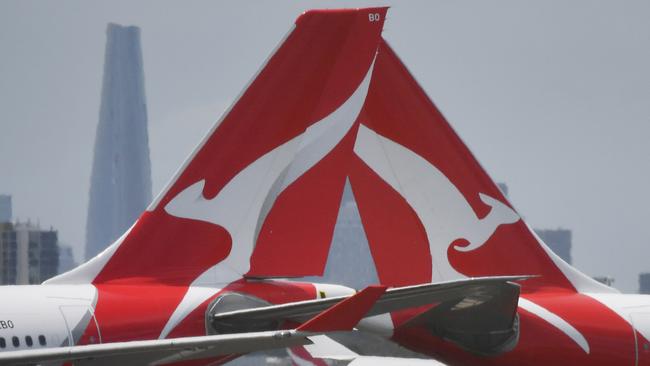
A new Safe and Secure Skies Commission with significant powers to regulate employment conditions, safety and supply chain standards in the aviation industry is being proposed by the union movement, sparking opposition from Qantas.
The ACTU said the proposed body, which would include government, employer, union and airport representatives, would seek to address safety concerns, workforce problems and economic uncertainty in the face of the “largest crisis in the aviation sector’s history”.
Under the proposal detailed to a Senate inquiry into the aviation industry, the commission would have the power to issue binding, enforceable orders to ensure appropriate standards, including safety, in the aviation supply chain.
It would also be able to impose enforceable terms and conditions for all aviation workers based on the principle of “same job, same pay”, and have the power to resolve disputes on a single or industry basis within the supply chain.
ACTU assistant secretary Scott Connolly said establishing the commission would allow issues affecting the aviation sector to be tackled in a “thorough, collaborative manner”.
“The aviation sector is absolutely vital to Australia, representing 5 per cent of our national economy and providing invaluable services, particularly to regional areas,” he said.
“For too long, our aviation sector and the workers we rely on to keep it running have been neglected and mismanaged, creating significant safety and workforce issues. The COVID-19 economic downturn has also triggered the greatest crisis the Australian aviation sector has faced in its history.”
But Qantas said on Wednesday that the regulatory changes proposed by the ACTU were not needed.
“Aviation is already one of the most heavily regulated industries,” a Qantas spokesman said. “The areas the ACTU say should be overseen by this new commission — safety and workers’ wages and conditions — are already regulated.”
He said the Civil Aviation Safety Authority had oversight for aviation safety and Australia’s workplace laws determined how wages and conditions were set for all businesses.
In its submission to the Senate inquiry, the CASA said the local aviation landscape had been severely impacted by the pandemic. It said the authority was continuing to ensure the ongoing safety of aviation by adopting a flexible approach to regulation to alleviate the pressure on all sectors of the industry.
“There is evidence to support the position that the legislative and regulatory framework is generally fit for purpose,” it said.
The CASA said the Australian general aviation accident rate was low and its regulatory requirements for general aviation formed only a relatively small cost component in terms of the total cost of operating in the sector.
It said the local regulatory requirements were also broadly similar to those in comparable countries such as the United States and Britain.
The ACTU submission says the “reliance on the operation of industry, particularly commercial aviation, to generate funding for the functioning of CASA and Airservices Australia has been demonstrated as deficient by the COVID-19 driven downturn”.
“Alternative funding models should be investigated with a view to developing one robust enough to weather industry disruption such as that caused by COVID-19, while being well-designed to fairly and transparently distribute cost recovery,” it said.
Unions want a recovery plan for the aviation sector to include a comprehensive, industry workforce plan.
“This plan must include specific strategies to attract and retain the STEM workforce at a time when the aviation sector is struggling to provide market-competitive employment conditions,” the ACTU says.
Action should also be taken to mitigate workload intensification and “psychosocial hazards” among the workforce.
Mr Connolly said the pandemic had exacerbated issues that existed within the aviation sector at the end of 2019. “In the interests of community safety, Australia’s aviation workers, who have suffered job losses and stand downs this year, must have protection, certainty and security,” he said.


